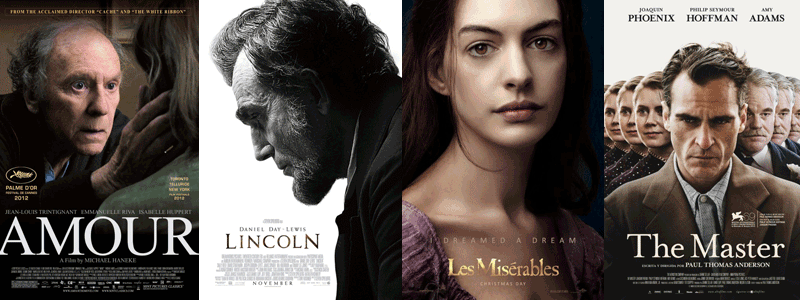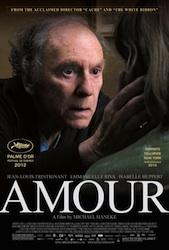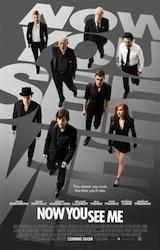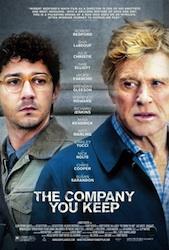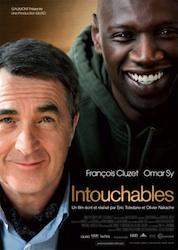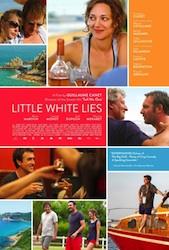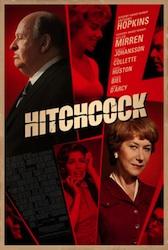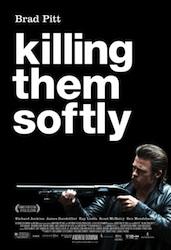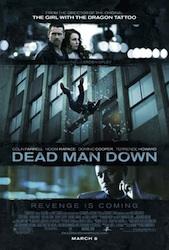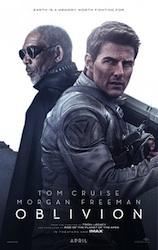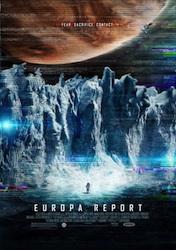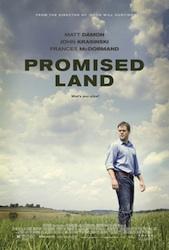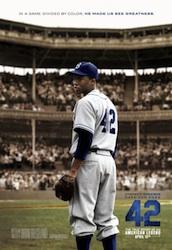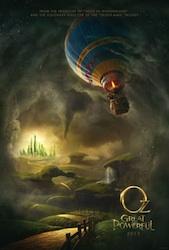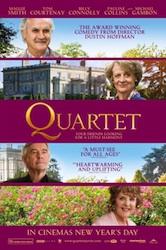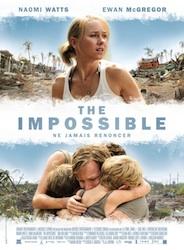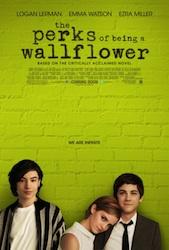“The Company You Keep”-Robert Redford directs and stars in this film that is a reminder of the days of the radical anti-war SDS Weathermen of the early 1970s. When Sharon Solarz (Susan Sarandon) is arrested by the FBI for a bank robbery murder that was committed by the Weathermen 30 years earlier, a young reporter trying to prove his worth in Albany, NY, Ben Shepard (Shia LaBeouf), begins an intense investigation. The first person he focuses on is Jim Grant (Redford), a local attorney who has turned down the opportunity to represent Solarz. Shepard wonders why and it doesn’t take him long to figure out that Grant is really Nick Sloan, another of the Weathermen being sought by the FBI in the same crime. Realizing that he has been exposed, Grant/Sloan gets his young daughter (played with pizzazz by singer Jackie Evancho) to safety with his brother (Chris Cooper) in New York City and then takes off. While the FBI thinks that Sloan is on the run, Shepard has other ideas, believing Sloan is actually trying to prove his innocence. “The Company You Keep” might be called a thriller, but is really a puzzler. What is Sloan up to, which of the characters are involved in the ancient crime, what are their secrets, and how in the world is Shepard so able to track down the truth? And it’s a very effective puzzler because it has a wonderful cast, is well-paced, and brings up issues about the struggles against an overbearing government that are still relevant today. But the film also has plenty of weaknesses; thankfully not enough to ruin it. Redford, in his late 70s, is a very unlikely early 1970s radical and father of an 11-year old. Sarandon, in her mid 60s, is an unlikely mother of two high school kids. LaBeouf does a fine job (one of his best) as the intrepid reporter/investigator even if his ability to track things down borders on possession of superpowers. The film appears to take place in the present but keeps referring to a 30-year old crime. The Vietnam War ended in 1974 and a 30-year old crime would place the film in the early 2000s. One glaring error occurred in an early scene in which Sarandon’s character drives into what is supposed to be an upstate New York gas station and the sign reads “Esso.” The fact is that Standard Oil and its gas stations in the US have been called “Exxon” since 1973. So it wasn’t surprising to learn that the film was made in British Columbia, Canada. The ending is also a weak point. Far too facile. That said, the film overall is a great deal of fun to watch. Excellent actors, good plot, and none of the silliness (violence, car chases, special effects) of so many political thrillers today. The first-rate cast includes Stanley Tucci, Terrence Howard, Julie Christie (looking fabulous in her early 70s), Nick Nolte, Richard Jenkins, Anna Kendrick, Brendan Gleeson, Brit Marling, and Sam Elliott. Forget the weaknesses. Enjoy the strengths. B+ (8/24/13) | |

